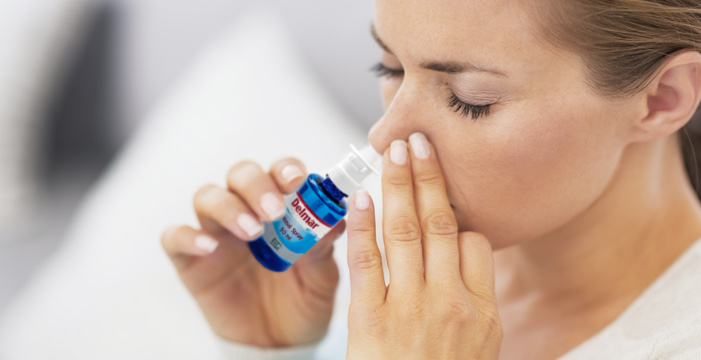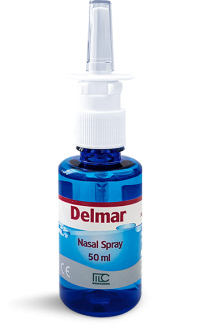Common cold
It is estimated that, the average adult has between two to three colds per year, with symptoms that include sneezing and runny nose.
Search Form


It is estimated that, the average adult has between two to three colds per year, with symptoms that include sneezing and runny nose.
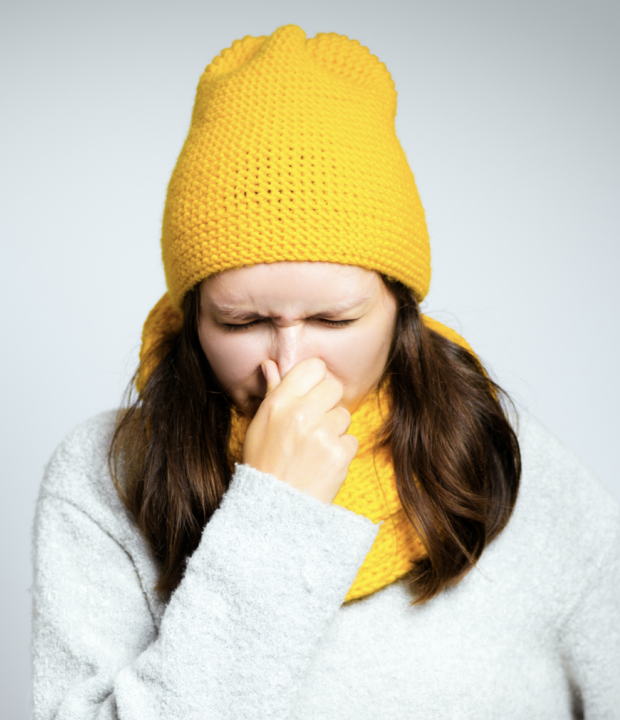
Colds are caused mainly by viruses - more than 200 different viruses can cause a cold- therefore, antibiotics are not helping in treatment of colds.
In order to keep ourselves protected from colds, we need to do very simple things that sum up to avoiding contact with viruses in our everyday life, while boosting our immune system by resting enough, being hydrated and keeping our throat, nose, and airways comfortable.
to protect ourselves from colds or speed up recovery
Keeping the air inside the buildings/rooms fresh by opening windows, especially when people are sick, reduces the risk of catching a virus. The circulation of fresh air keeps airborne viral particles on the move, so contracting viruses becomes more difficult.
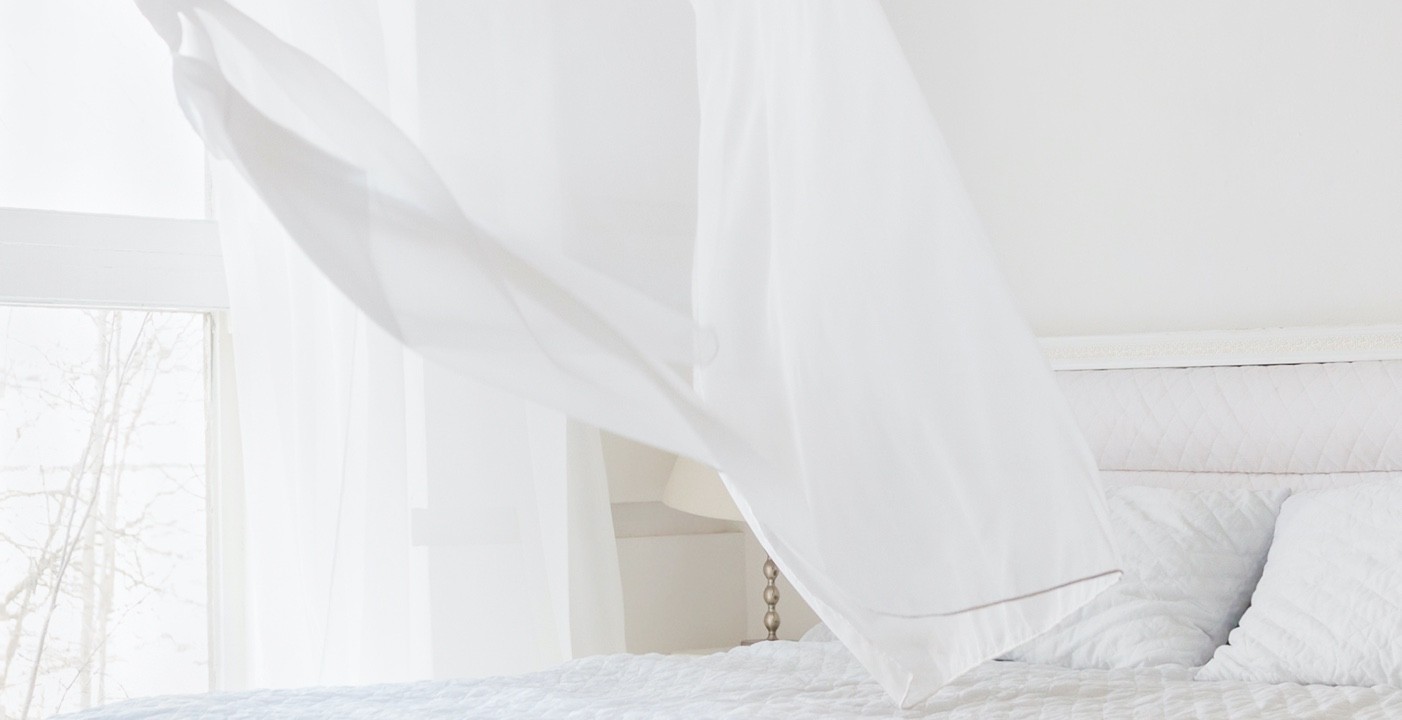

Exercise can boost our immune system, making it harder to get sick. A study that was published in 2009, found that people who exercised 45 minutes or more at a time, about four times a week, took 25% to 50% less time off from work during cold and flu season versus those who did not.
Viruses spread very quickly and effectively through sneezing, sneeze particles can travel as far as 20 feet! Therefore, we need to keep a distance from people who sneeze and use a handkerchief while sneezing. Viruses also spread through surfaces, and since a virus can survive there as well, people who touch these surfaces can become ill and this becomes very common in settings like work or family, where one person can spread the virus to the others. In this context, it also makes sense to avoid sharing personal items such as toothbrushes, towels, utensils and drinking glasses.

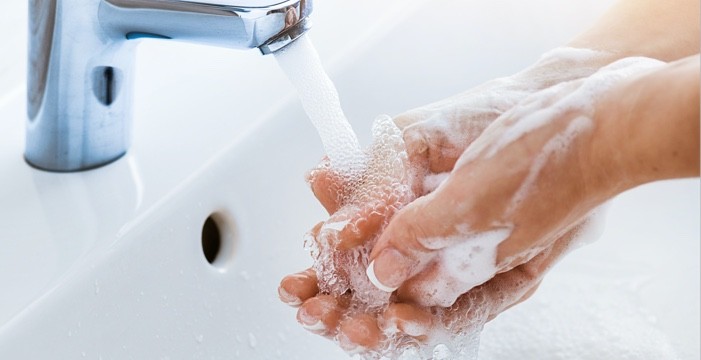
It is important to practice good personal hygiene such as daily showers and frequent washing of hands. We need to ensure that our hands are clean before eating, preparing food, inserting contact lenses or performing any other activity that brings us in contact with the eyes or mouth. For a proper cleaning of the hands we need to wash them for at least 20 seconds and scrub well, even under our fingernails. We must also always cover our mouth and nose with a tissue when coughing or sneezing and use an alcohol-based hand cleaner when we don’t have access to water or soap. Another useful habit is to disinfect shared surfaces, such as keyboards, telephones, doorknobs, and remote controls.
Dehydration can worsen the symptoms of a cold, so it’s necessary to receive enough fluids. Fluids help our body to stay energized and thin mucus in the nose and throat. The usual symptoms of dehydration are dry mouth or lips, which is a sign that we need extra liquids, enough to turn our urine into pale yellow. We can have green tea, water with lemon juice, honey and ginger or chicken soup to increase our fluid intake and soothe our throat and nose.
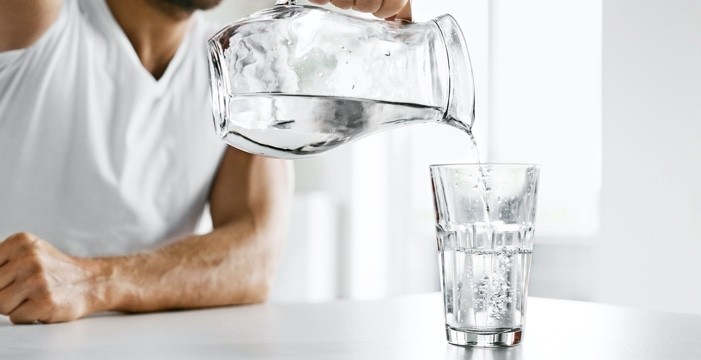

Getting enough sleep and rest is important to help us be protected from viruses. A study published in the Archives of Internal Medicine showed that healthy adult participants who slept a minimum of eight hours each night over a two-week period, showed a greater resistance to viruses than those who slept seven hours or less.
Αccording to a review by The Cochrane Database of Systematic Reviews, the use of saline nasal sprays can possibly help relieve nasal congestion and stuffiness in people having a cold. Its use for more than once a day can keep open the air-passages and contribute to the thinning of the mucus in the nose.
